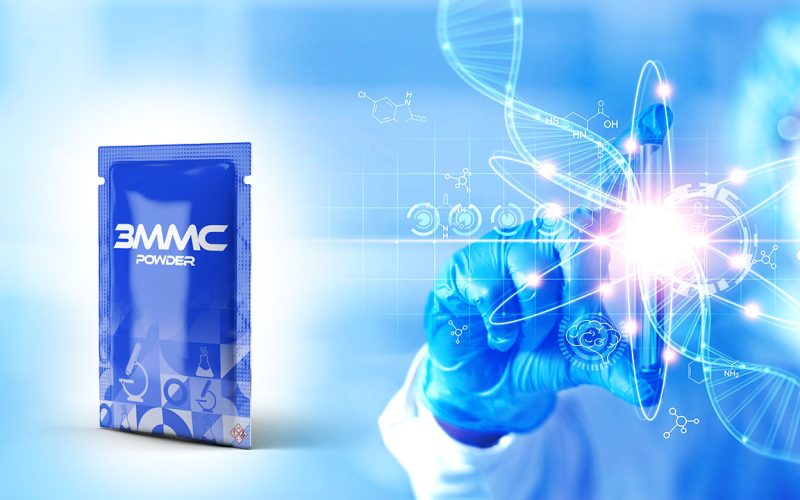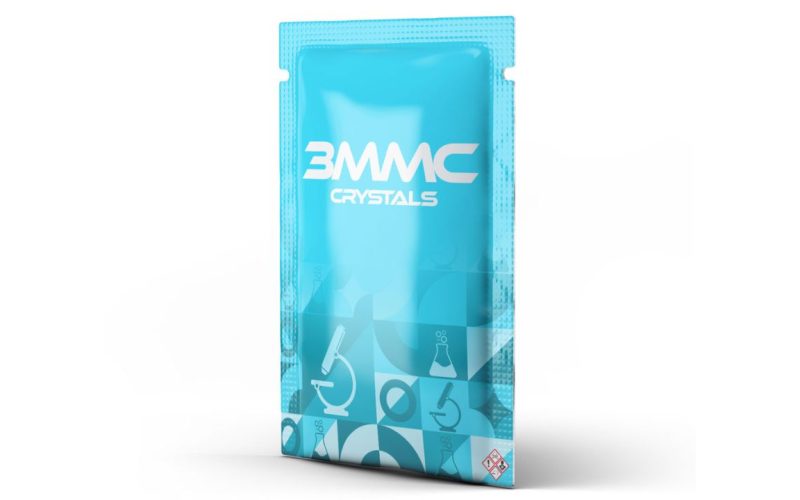Is 3MMC Considered Soft Drugs? Unraveling the Classification Debate
Is 3mmc soft drugs
We only sell our products to customers aged 18 years or over, for purposes of research only.

Understanding 3MMC: Is It Considered a Soft Drug?
The Classification Debate of 3-MMC
In the realm of psychoactive substances, distinguishing between “soft” and “hard” drugs is crucial for both legal and health-related discussions. Among the myriad of substances analyzed under this lens, 3-Methylmethcathinone (3-MMC) stands out as a topic of significant debate. This article delves into the classification of 3-MMC, examining whether it falls into the category of soft drugs, and explores the implications of its use and legal status, particularly in contexts similar to Aimimichem’s operation.
What is 3MMC?
Before diving into its classification, understanding what 3MMC is becomes essential. 3MMC is a synthetic stimulant belonging to the cathinone class, structurally similar to mephedrone (4MMC). It is known for its psychoactive properties, which can induce euphoria, increased energy, and sociability in users. However, like many research chemicals, 3MMC’s long-term effects on human health are not well-documented, leading to concerns and regulatory scrutiny.

The Soft Drug Criteria
Soft drugs are typically characterized by their lower potential for addiction and overall harm. Common examples include cannabis and certain psychedelics, which are perceived to have therapeutic benefits and a lower risk profile compared to hard drugs like heroin or methamphetamine. The classification into soft or hard drugs affects legal policies, including decriminalization, medical use, and research applications.
Is 3MMC a Soft Drug?
The classification of 3MMC as a soft drug is contentious. On one hand, its recreational use and effects might align it more closely with substances traditionally seen as soft drugs. Users often report less intense, though still significant, psychoactive effects compared to harder stimulants. On the other hand, the potential for abuse, lack of comprehensive studies on its long-term effects, and incidents of harmful consequences position 3MMC in a more ambiguous category.
Legal and Health Perspectives
From a legal perspective, the classification of 3MMC varies by country. In the Netherlands, where Aimimichem is based, laws concerning psychoactive substances are particularly nuanced. Dutch policies have historically differentiated between soft and hard drugs, with the former being more tolerated under certain conditions. However, due to rising concerns about the safety and potential for abuse of new psychoactive substances (NPS) like 3MMC, regulators have been cautious. The substance’s legal status often reflects ongoing debates about its risk profile and societal impact.
Health implications further complicate the classification. Without extensive research, asserting that 3-MMC is a soft drug with lower health risks is challenging. Anecdotal evidence and limited studies suggest a range of effects, but the absence of long-term data means that potential risks cannot be fully assessed.

Conclusion: A Complex Classification
In conclusion, whether 3MMC is considered a soft drug depends on multiple factors, including legal definitions, health impact assessments, and societal attitudes towards psychoactive substances. While some users and advocates might argue for its classification as a soft drug due to its effects and potential for less harm compared to hard drugs, the lack of comprehensive research and the cautionary approach of regulatory bodies suggest a more complex picture. Aimimichem, with its commitment to providing high-quality research chemicals within legal boundaries, embodies the careful balance between exploration and responsibility in this ongoing debate. As the discussion evolves, so too will our understanding of where 3MMC, and similar substances, fit within the broader spectrum of psychoactive drugs.
We only sell our products to customers aged 18 years or over, for purposes of research only.
Have Any Questions
We've answers
Aimimichem emphasizes that their products, including 3MMC, are for research purposes only and not for human consumption. The classification into soft or hard drugs typically relates to substances’ addictive potential and health impacts when consumed, which Aimimichem does not endorse for its products.
3MMC, or 3-Methylmethcathinone, is a synthetic cathinone with stimulant properties. Aimimichem specializes in high-quality research chemicals, including 3MMC, focusing on providing lab-tested products primarily for scientific research, adhering to Dutch laws and REACH regulations.
Yes, Aimimichem restricts the sale of 3MMC and all its products to individuals aged 18 and over. Additionally, the company sells these products with the stipulation that they are for research purposes only, adhering to legal and safety guidelines.


